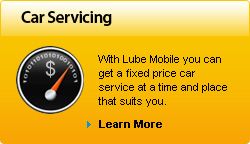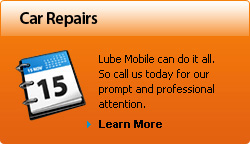6 Things to do After a Car Accident
Having your car regularly serviced by a qualified mechanic is one of the best ways to keep your car safe. Undertaking defensive driving courses is another way you can insure yourself against road accidents. Sometimes however, the worst can happen and you can find yourself involved in a road accident through no fault of your own.
Everyone knows of the dangers of motor vehicle transport and even if you are the safest driver on the road you are still at the mercy of other drivers who may occasionally be reckless or inconsiderate. When an accident occurs it is not only a frightening experience, but it can also leave you in a state of shock and confusion.
Although you can never completely prepare yourself for such an event every driver should at least consider the possibility and develop a strategy for dealing with the trauma.
Provided you are not physically injured in an accident, here are some things you can do to cope with the stress and to perform the tasks which are necessary in the aftermath of the accident.
- Take some deep breaths and try to calm yourself before getting out of your vehicle. Remaining still and silent for a few moments allows your mind to centre and focus on what has just happened and gives you the opportunity to make sure you are not physically injured and to look around the scene of the accident to get the complete picture.
- You will probably experience a range of emotions such as fear, anger or even guilt but the important thing to remember is that everything will be resolved more efficiently if you remain calm and make no immediate judgements or decisions. Take some time to check that other people are not injured and prepare yourself to make phone calls to an ambulance or police if necessary.
- Take whatever steps you can to make the area safe. You can do this by turning on your flashing hazard lights and asking other drivers to do the same.
- In some instances it is illegal to remove your vehicle from an accident site so make sure you acquaint yourself with your states laws and regulations.
- Once the scene is safe and you have your wits about you can check with the other driver and begin to swap personal details. It is important to take the registration number and make and model of the other vehicle as well as the driver’s licence information. Your insurance company will probably advise you not to make any admissions of guilt or responsibility at any stage, so make sure your communication is factual only.
- Once you have called the police or the ambulance service it is quite likely that towing service trucks will also arrive. If your vehicle needs to be towed make sure you gather all the information required for your insurance company.
Although these steps are not a complete list they should stimulate you to plan for the worst by checking with your insurance company and the local state authorities to make sure you comply with the law. If you have your wits about you it might also be a good time to ring your mechanic and have your vehicle towed there for repairs.




